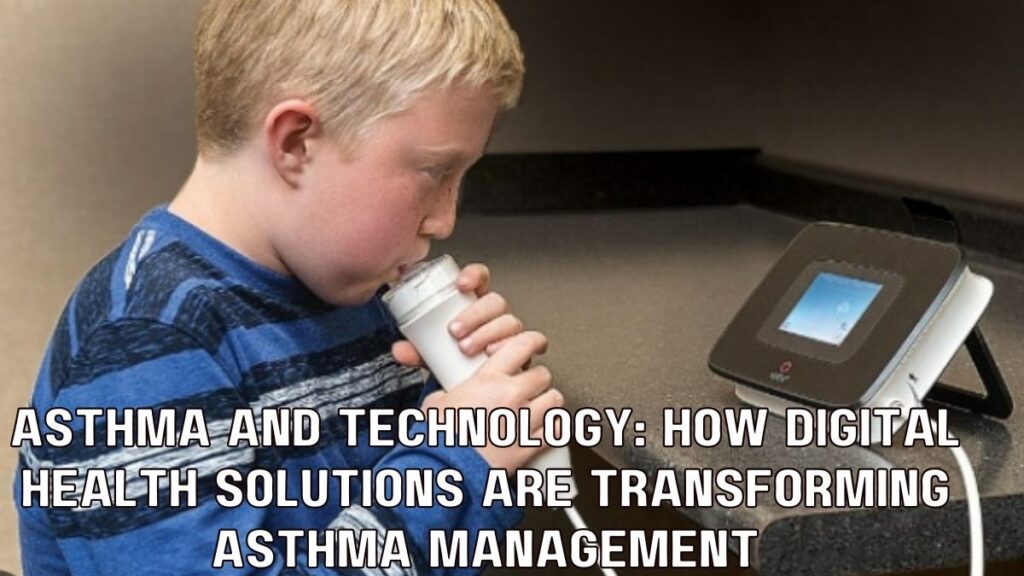Introduction:
Asthma, a chronic respiratory condition, affects millions of individuals worldwide and can significantly impact their daily lives. Fortunately, advancements in digital health solutions have paved the way for innovative approaches to asthma management. In this blog, we will explore how technology is revolutionizing asthma care, empowering patients to take control of their condition and breathe easier.
1.Smart Inhalers:
Smart inhalers are one of the most notable advancements in asthma technology. These inhalers are equipped with sensors that track medication usage, provide reminders for dosage, and record data on inhaler technique. By capturing real-time information, smart inhalers help patients and healthcare providers gain insights into medication adherence and identify patterns in asthma control.
2.Mobile Applications:
Mobile applications have become invaluable tools in asthma management. These apps offer features such as symptom tracking, medication reminders, and peak flow monitoring. Additionally, they provide educational resources, personalized action plans, and emergency contacts for quick access during asthma exacerbations. Mobile apps empower individuals to actively monitor their asthma and make informed decisions about their treatment.
3.Wearable Devices:
Wearable devices, like smartwatches and fitness trackers, are increasingly being used to monitor asthma-related parameters. These devices can track physical activity levels, heart rate, and even detect changes in breathing patterns. By collecting this data, wearable devices provide valuable insights into triggers, activity limitations, and overall asthma control, enabling individuals to make lifestyle adjustments accordingly.
4.Telemedicine:
Telemedicine has transformed the accessibility of healthcare services for individuals with asthma, especially in remote areas or during times when in-person visits may be challenging. Through virtual consultations, healthcare professionals can remotely assess symptoms, adjust treatment plans, and provide guidance on asthma management. Telemedicine offers convenience, reduces the need for travel, and promotes timely interventions.
5.Environmental Sensors:
Environmental factors play a significant role in asthma triggers. Digital health solutions now incorporate environmental sensors that detect air quality, pollen levels, humidity, and temperature. These sensors provide real-time information on potential triggers, allowing individuals to take preventive measures, such as adjusting medication or avoiding certain environments, to minimize asthma symptoms.
Conclusion:
Digital health solutions are transforming the landscape of asthma management, empowering individuals with tools to actively monitor and control their condition. Smart inhalers, mobile applications, wearable devices, telemedicine, and environmental sensors offer personalized insights, enhanced medication adherence, and improved communication between patients and healthcare providers. By leveraging technology, individuals with asthma can optimize their treatment, make informed decisions, and lead healthier lives. If you have asthma, explore the digital health solutions available and consult with your healthcare provider to incorporate them into your asthma management plan.

